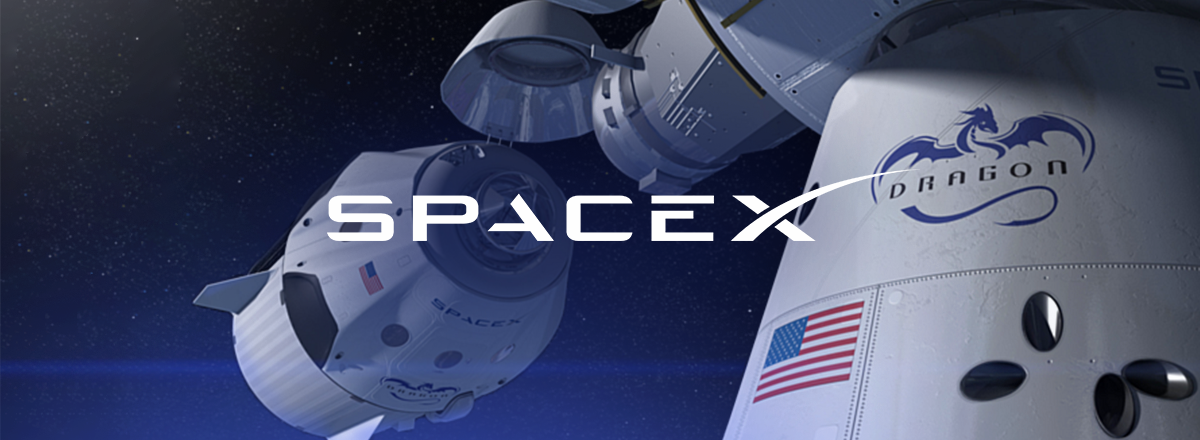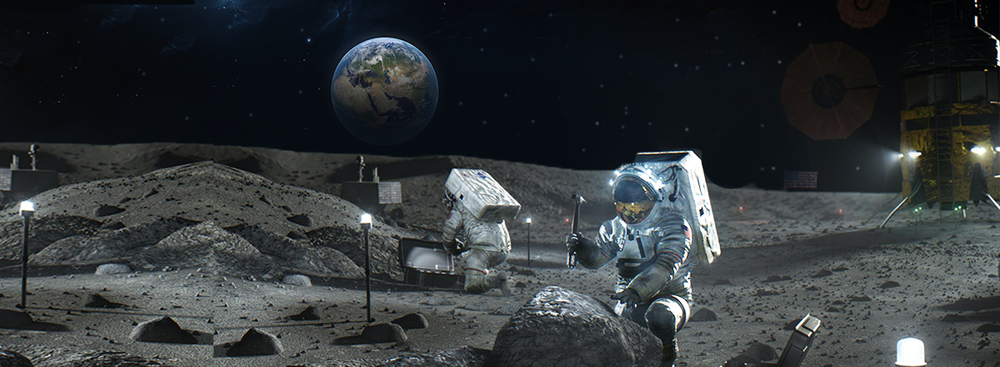Considering the fact that there are more private companies and international space agencies that are planning to explore outer space in the near future, there is a strong need for principles that govern the way people do it, especially since space is lawless by definition.
That is why NASA formally announced the Artemis Accords, a set of voluntary guidelines for Moon exploration. These rules will apply to those who will participate in the Artemis program, which aims to send the first woman and the next man to the Moon by 2024 and then eventually land the first people on Mars. In general, these guidelines are an extension of the Outer Space Treaty, the international space agreement signed by many countries in 1967.
Establishing a sustainable human presence on the Moon with our #Artemis program means we will need new @NASA_Technology to help astronauts “live off the land.”
— NASA (@NASA) May 17, 2020
See how innovators from around the world are helping us improve a robot to meet this challenge: https://t.co/orLAEzmU5f pic.twitter.com/BeoNXZNywY
The international partners for the Artemis program already include the European Space Agency, the Russian Space Agency Roscosmos, and the Canadian Space Agency. Therefore, having a set of principles for safe and sustainable international cooperation in space is a reasonable idea.
"With numerous countries and private sector players conducting missions and operations in cislunar space, it's critical to establish a common set of principles to govern the civil exploration and use of outer space," said NASA in a statement.

International space agencies that join NASA in the Artemis program will do so by executing bilateral Artemis Accords agreements, which will describe a shared vision for principles, grounded in the Outer Space Treaty of 1967, to create a safe and transparent environment which facilitates exploration, science, and commercial activities for all of humanity to enjoy.
Last autumn, NASA administrator Jim Bridenstine indicated that the space agency wanted to cooperate with other partners to ensure humanity’s sustainable presence on the Moon’s surface. In a tweet on Friday, he shared:
It’s a new dawn for space exploration! Today I’m honored to announce the #Artemis Accords agreements — establishing a shared vision and set of principles for all international partners that join in humanity’s return to the Moon. We go, together: https://t.co/MnnskOqSbU pic.twitter.com/aA3jJbzXv2
— Jim Bridenstine (@JimBridenstine) May 15, 2020
The presented rules are only described in general as further discussion of them will take months or even years.
So, according to the document, 10 basic principles for Moon exploration are:
- Peaceful purposes: All activities will be conducted for peaceful purposes.
- Transparency: The Artemis program partners will be required to describe their policies and plans transparently.
- Interoperability: Partners of the program will need to use open international standards and develop new ones when necessary.
- Emergency assistance: Partners of the program will have to provide all necessary assistance to those in need.
- Registration of space objects: This will help create a sustainable and safe environment for conducting private and public activities in space.
- Release of scientific data: Artemis Accords partners will need to share scientific data collected from the missions openly.
- Protecting heritage: Partner nations should protect sited and artifacts on the Moon that have historical value.
- Space resources: Space resources extraction and utilization will be conducted according to the Outer Space Treaty.
- Deconfliction of activities: Partner nations will provide public information about the location and operations to inform the scale of “Safety Zones” and prevent interference.
- Orbital debris and spacecraft disposal: Artemis Accords partners will agree to follow guidelines on mitigating orbital debris.
The UNOOSA, which stands for the United Nations Office for Outer Space Affairs, responded to the news by tweeting:
#spaceexploration requires a cooperative & responsible approach. Yesterday, @NASA announced the #Artemis Accords, calling for international partnerships & adherence to the existing normative #space frameworks including #OST, Debris Guidelines & Registration Convention
— UNOOSA (@UNOOSA) May 16, 2020
The following agreement was created with an aim to avoid slow treaty-making processes.














